African hair is a marvel of versatility, capable of transforming into a vast array of stunning styles, each as unique as the individual wearing it. Yet, despite its beauty and versatility, African hair calls for specific, attentive care to maintain its health and vitality. Understanding the unique genetic and environmental factors that affect African hair, adhering to a natural cleansing and conditioning routine, retaining moisture, employing nourishing techniques, and utilizing protective styling all play a critical role in ensuring the well-being of African hair. This exploration of African hair care equips you with the knowledge and actionable steps needed to properly care for and flaunt your wonderful locks.
Understanding African Hair
Understanding African Hair: Science and Structure
African hair, known for its unique curl pattern and texture, is structurally different from other hair types. Each strand of hair is elliptical and flat with a twisted structure, which leads to the tightly coiled formation. This structure brings about specific strengths and unique challenges in care and maintenance.
African Hair’s Strengths
One notable strength of African hair is its versatility. It can be styled in numerous ways, such as braiding, twisting, locs and afros. Additionally, the default curly state of African hair can offer a certain level of protection from environmental elements like the sun. The density of the hair, coupled with its curl pattern, typically results in a natural barrier against UV rays.
Common Challenges with African Hair
On the downside, African hair tends toward dryness because of its unique curl pattern. In straight hair, the natural oils produced by the scalp can easily flow down the length of the hair shaft. In African hair, however, the winding structure can hinder the distribution of natural oils, causing the hair to be dry and more susceptible to breakage. Moreover, in humid conditions, African hair may absorb moisture from the air, leading to problems with frizz and shrinkage.
Benefits of Specific Hair Care Routines for African Hair
Because of these inherent characteristics, African hair benefits from specific routines focusing on moisture retention and protection. Deep conditioning treatments, using products based on natural oils and butters, can replenish moisture. Style choices like protective hairstyles help to guard against breakage and retain the length of the hair.
Impact of Environmental Factors on African Hair
Environmental factors play a critical role in the health of African hair. For example, exposure to harsh weather conditions like extreme heat or cold can lead to dryness and breakage. Environmental pollution can also deposit harmful substances onto the hair, which might damage the hair cuticle, the outer protective layer of the hair shaft.
The Role of Genetics in African Hair Characteristics
The genetic makeup of an individual has a significant influence on the characteristics of African hair, including its thickness, growth rate, texture, color, and overall health. This is the reason behind the wide range of diversity in African hair—from tightly coiled strands to relaxed curls. Grasping these hereditary traits can assist you in identifying the most useful hair care practices, ultimately leading to stronger, healthier hair.
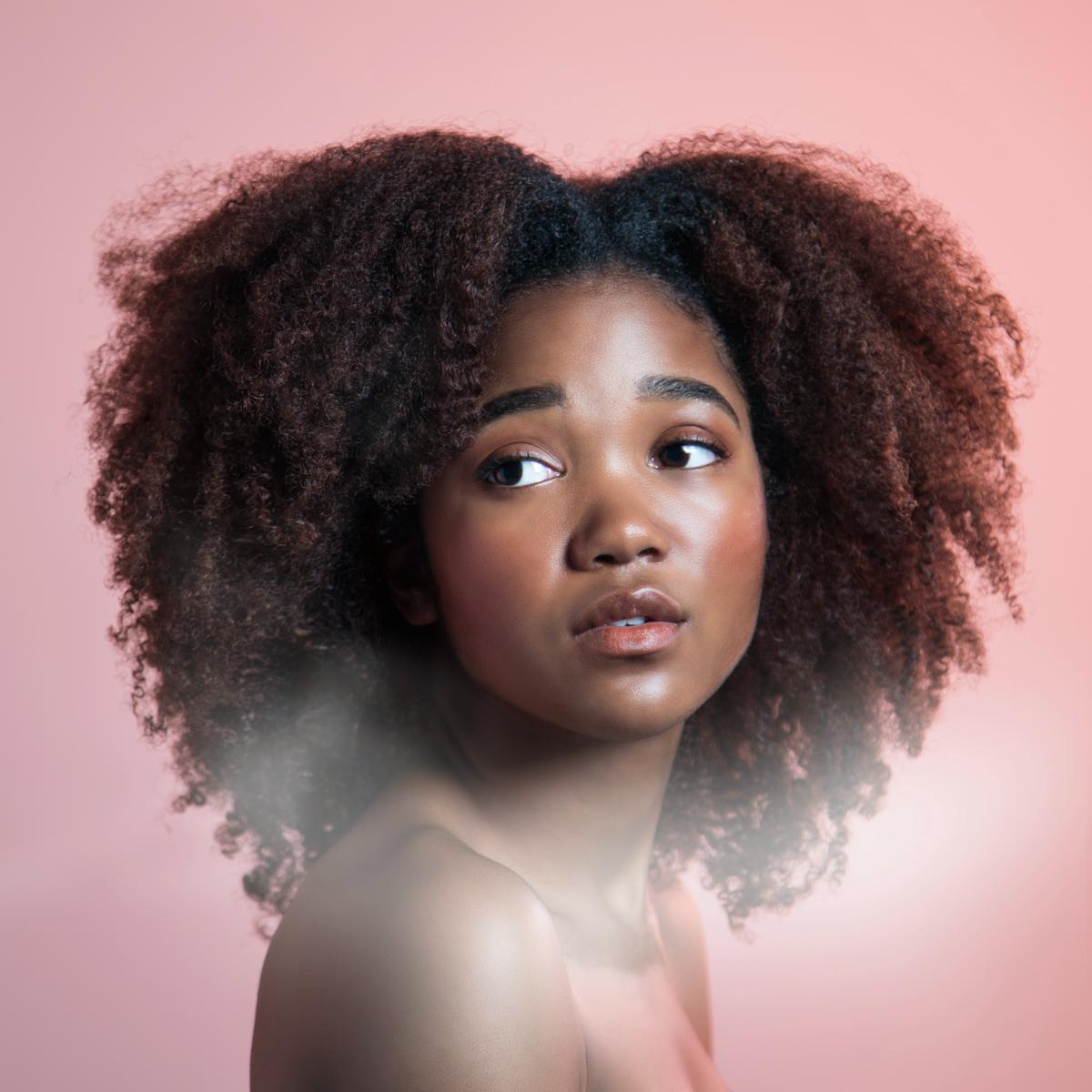
Cleansing and Condition Routines
Grasping the Unique Structure of African Hair
Termed scientifically as ‘Afro-textured hair,’ African hair possesses a distinct structure, primarily identified by its natural kinks and curls. The strands are usually tightly coiled and dry, necessitating a specific set of care routines for maintaining its health and texture. This dryness primarily results from the hair’s unique shape, which restricts the even distribution of scalp oil along the hair shaft, leading to the rapid loss of moisture.
Choosing Natural Hair Care Products
Choosing the right products for African hair is crucial. Shampoos and conditioners should be void of harsh chemicals such as sulfates, parabens, and alcohol. Sulfates can strip the hair of its natural oils, leading to excessive dryness and brittleness, while parabens and alcohol can lead to damage and irritation. Instead, opt for natural, organic, or gentle products that will cleanse without stripping the hair’s natural oils.
When choosing a shampoo for African hair, look for ingredients like aloe vera, honey, shea butter, and coconut, which can help to hydrate and nourish your curls. Glycerin can also be beneficial as it’s a humectant, meaning it can draw moisture from the air into your hair.
For conditioners, try those that list fatty alcohols such as cetyl, stearyl, and cetearyl, as these can help to moisturize and smooth the hair. Proteins are also essential as they help to strengthen the hair shaft, reducing breakage and promoting health.
Routine Cleansing for African Hair
Due to its dry nature, African hair does not require daily washing. Most professionals recommend cleansing your hair once a week with a sulfate-free shampoo. To ensure optimum results, it is necessary to pre-wet your hair with lukewarm water thoroughly. This will help to open up the hair’s cuticles, allowing the product to penetrate and cleanse more effectively.
Next, apply a generous amount of shampoo to your hair and gently massage it into your scalp. Try not to rub or pull your hair as this will lead to breakage and tangles. Rinse the shampoo out thoroughly and repeat the process if needed.
Deep Cleansing Techniques for African Hair
Deep cleansing is required when the hair and scalp have accumulated too much product build-up. Natural ingredients, such as apple cider vinegar (ACV) and baking soda, are excellent for deep cleansing of African hair. They not only clear build-up effectively but also restore the scalp’s pH balance and boost hair health.
To achieve an effective deep cleanse with ACV, mix equal parts of ACV and water. After shampooing, apply the ACV mixture to your hair and scalp and let it sit for about 15 minutes before rinsing thoroughly with warm water.
Baking soda can also be used for an effective deep cleanse. Mix a tablespoon of baking soda into a cup of warm water and apply the mixture after shampooing your hair. Allow it to sit for about 15 minutes before rinsing thoroughly.
Optimum Conditioning Routine for African Hair
Conditioning African hair can be broken down into two main parts: regular conditioning and deep conditioning. Regular conditioning should occur every time you wash your hair, while deep conditioning should be done at least once a month, depending on your hair’s needs.
After cleansing, apply a generous amount of conditioner to your hair. Distribute it evenly with your fingers or a wide-toothed comb. Leave the conditioner on for about 5 to 10 minutes then rinse thoroughly with lukewarm water. You can also use a leave-in conditioner for additional moisturization.
For deep conditioning, apply a deep conditioner to clean, wet hair. Cover with a plastic cap and leave it on for about 30 to 60 minutes. This allows the conditioner to penetrate deeply into your hair, repairing and rejuvenating it from within. Rinse with cool water to close the cuticles and lock in the moisture.
Considering the unique texture and properties of African hair, it’s crucial to follow a specific care routine for its maintenance. Utilizing suitable products and implementing correct washing and conditioning procedures can help you achieve strong, vibrant and healthy natural hair.
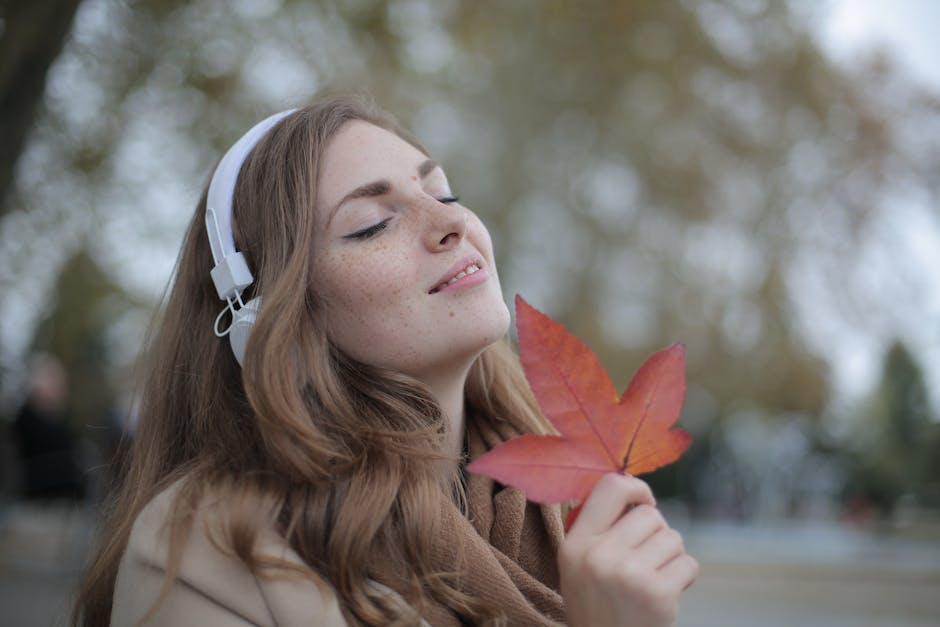
Moisturizing and Nourishing Techniques
Recognizing the Distinct Requirements of African Hair
African hair, often distinguished by its natural curl pattern that varies from tight curls to gentle waves, tends to be prone to dryness and damage. The coiled structure of the hair makes it difficult for the oil from the scalp to distribute throughout the hair, leading to insufficient natural moisture. This underlines the prime importance of hydrating adequately in the upkeep of African hair.
Moisturizing Techniques for African Hair
One of the most effective methods of maintaining hair hydration is by using the download method. This involves applying a generous amount of conditioner, often one specifically made for dry or curly hair, to freshly washed and damp hair. Leave the conditioner in your hair for about 15-20 minutes before rinsing with cold water to lock in the moisture.
Apart from this, the LOC (Liquid, Oil, Cream) method is highly recommended for African hair to retain moisture. Start with a liquid (typically water), followed by an oil to seal in the moisture, and end with a cream to close the cuticles and provide an additional layer of moisture.
Regular deep conditioning, at least once a week, is also essential in keeping African hair moisturized. Deep conditioners are typically applied to the hair for longer periods and often contain ingredients like proteins and amino acids, which help strengthen the hair.
Nourishing African Hair for Growth
Promoting hair growth involves nourishing the hair from within. This can be effectively achieved by maintaining a balanced diet rich in biotin, vitamins A, C, D, ans E, iron, and zinc. Supplements can also be taken to support hair growth, but they should not replace a healthy diet.
Regularly massaging your scalp with nutrient-rich oils such as jojoba, olive, and coconut oil can also boost blood circulation and stimulate hair follicles, promoting healthy hair growth.
Natural Products for African Hair
Shea butter, due to its extreme moisturizing properties, is a must-have product for African hair care. Aloe vera is another essential product. Its gel not only helps moisturize the hair but also balances the pH of the scalp and reduces inflammation.
Coconut, castor, and argan oils are also exceptional for African hair. They seal in moisture, add shine, reduce frizz, and provide nutrients to your scalp and hair.
DIY Hair Mask Recipes for African Hair
-
Avocado + Banana + Olive Oil Mask: Mix a ripe avocado and banana, then add a tablespoon of olive oil. Apply to your hair and let sit for about 30 minutes before washing out.
-
Coconut Oil + Honey Mask: In a bowl, heat up 2 tablespoons of coconut oil and mix in 2 tablespoons of honey. Apply the mixture thoroughly on your hair and let it sit for around 20 minutes before rinsing.
-
Egg + Mayonnaise Mask: This mask is protein-rich, excellent for strengthening hair. Mix two eggs with two tablespoons of mayonnaise and apply to hair. Leave it on for 15-20 minutes and then wash it out.
Protecting African Hair from Damage
Protective hairstyles such as braids, twists, and updos are designed to tuck the ends of your hair away and minimize exposure to damage. These styles can help keep African hair healthy, reduce breakage, and retain length.
Minimizing heat styling and chemical treatments will also help preserve the integrity of your hair. When heat styling is necessary, always use a heat protectant beforehand to minimize damage.
Regular trims every six to eight weeks can also prevent split ends and support healthy hair growth.
Keys to African Hair Care
Hydration, protection against damage, and nourishment are critical to an African hair care routine. By incorporating regular conditioning, safeguarding the ends of your hair, utilizing natural nourishing products, and amplifying your hair care routine with nutrient-packed DIY hair masks, you can significantly enhance the health and vigor of your hair.
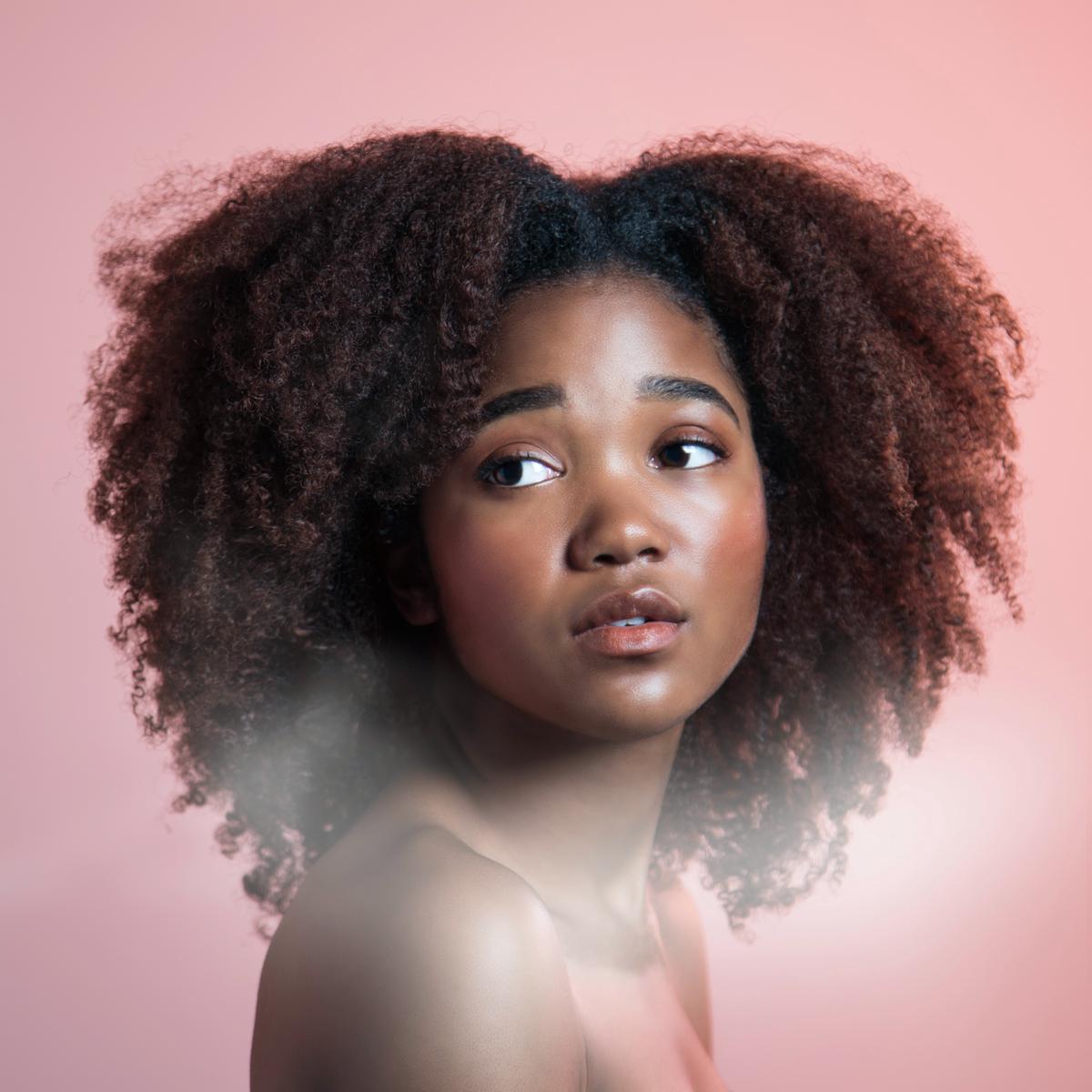
Protective Styling for African Hair
The Role of Protective Styling in African Hair Care
One of the essential facets of African hair care is protective styling. Given its natural dryness, coiled texture, and susceptibility to breakage, African hair considerably benefits from strategies designed to minimize damage. Protective styles serve to guard against harmful external factors such as heat, pollution, and excessive manipulation, hence fostering better hair health.
Types of Protective Styles
There are several types of protective styles available for African hair. Some of the most common ones include braids, twists, buns, updos, wigs, weaves, and hair extensions. Other styles include cornrows and box braids. These styles work by reducing the amount of hair exposed to the environment, hence protecting the hair from potential damage.
Choosing the Right Protective Style
When choosing a protective style, it is vital to consider your hair type, length, and personal style. Additionally, your level of hair care routine should also play a role in the decision-making process. For instance, if your routine includes frequent washing, a style that easily unravels or loses shape after washing may not be the best choice.
Proper Installation and Maintenance
While protective styles are meant to help protect and maintain the health of your hair, they can also lead to potential damage if not properly installed and maintained. Excessive tension or tight pulling of hair can cause hair loss or contribute to conditions such as traction alopecia. Thus, it is crucial to ensure that the styles are not too tight or kept in for too long.
In the same vein, proper maintenance of protective styles is key. This includes regular moisturizing, gentle cleansing, and conditioning. These help to maintain a healthy scalp, prevent build-up, and ensure the hair remains strong and healthy.
Potential Drawbacks of Protective Styles
Though beneficial, protective styles can also have potential drawbacks if not done correctly. Over-styling or excessive tension can lead to breakage, thinning, and potentially permanent hair loss. Moreover, some styles require the use of artificial hair or extensions, which may cause allergic reactions in certain individuals.
Tips and Tricks for Effective Styling
One crucial tip for effective protective styling is to pay attention to the health of your hair and scalp before applying any style. If your hair is brittle or your scalp is irritated, it would be necessary to treat these issues first before applying a protective style. It’s also advisable not to keep a protective style in for too long, as this could lead to matting or tangling. Lastly, investing in a good quality moisturizer and conditioner, and regularly applying these to your hair while in a protective style, can help to keep your hair strong and healthy.
Overall, protective styles can be a great way of maintaining and improving the health of African hair if done properly. By considering the type of style that would best suit your hair needs and carrying out proper maintenance, you can get the best out of protective styles.
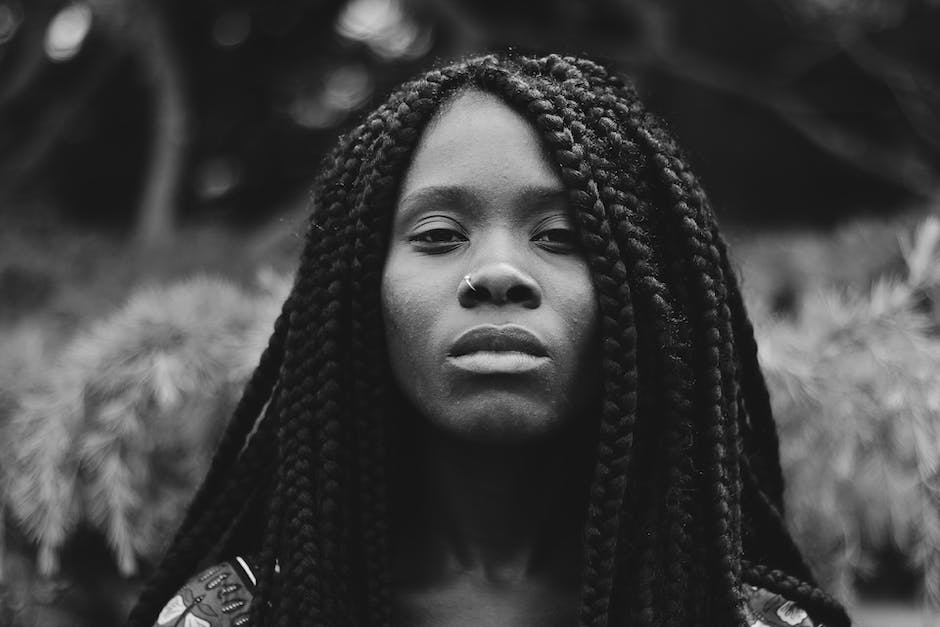
Embracing the beauty of African hair involves understanding its uniqueness and catering to its specific needs. Tailored natural hair care routines, optimal moisturizing and nourishing techniques, and protective styling solutions not only preserve the health of African hair but also maximize its potential. Through implementing the knowledge shared about cleansing, conditioning, nourishing, and styling African hair, you can revel in the true beauty of your hair. So, embark on this rewarding journey of hair care, keeping in mind that every coil, kink, and curl is a testament to your heritage, identity, and personal style.
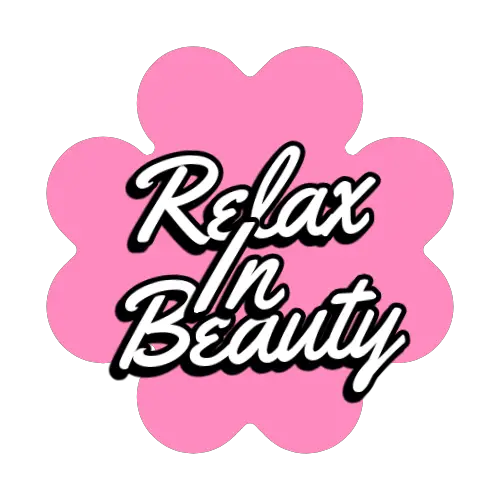
Leave a Reply